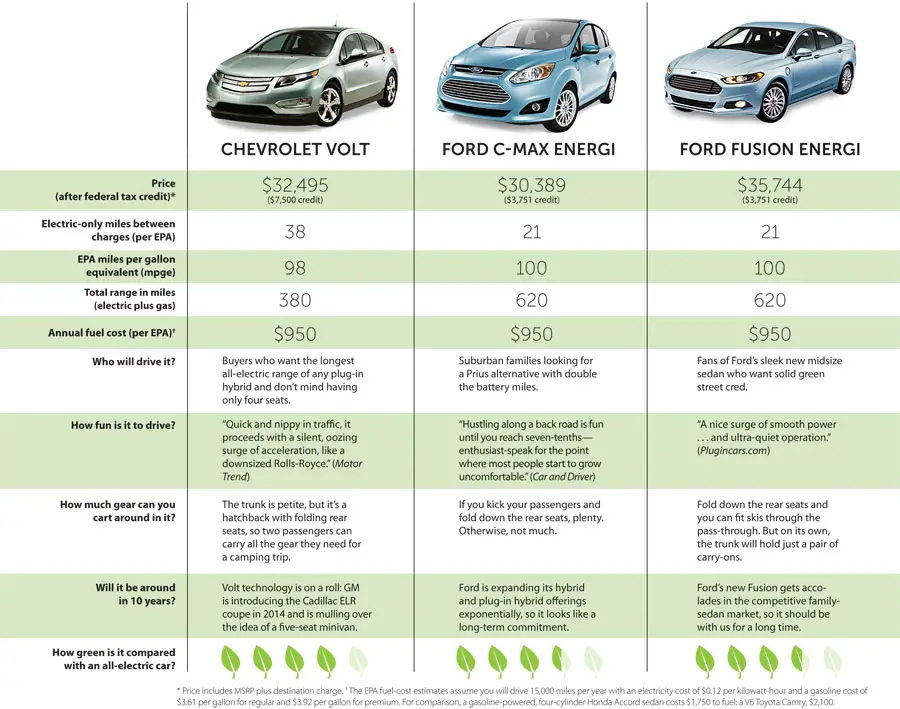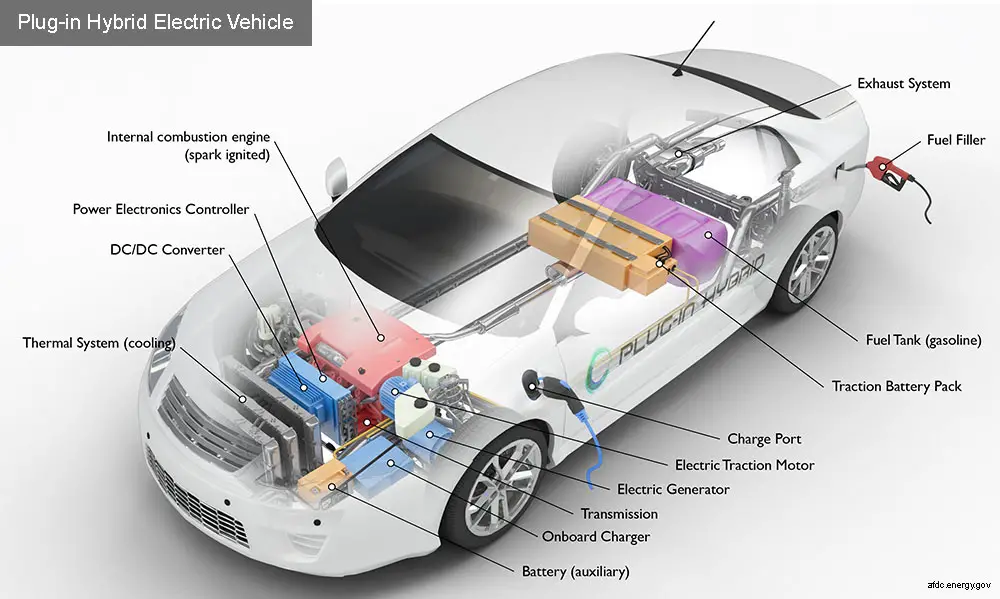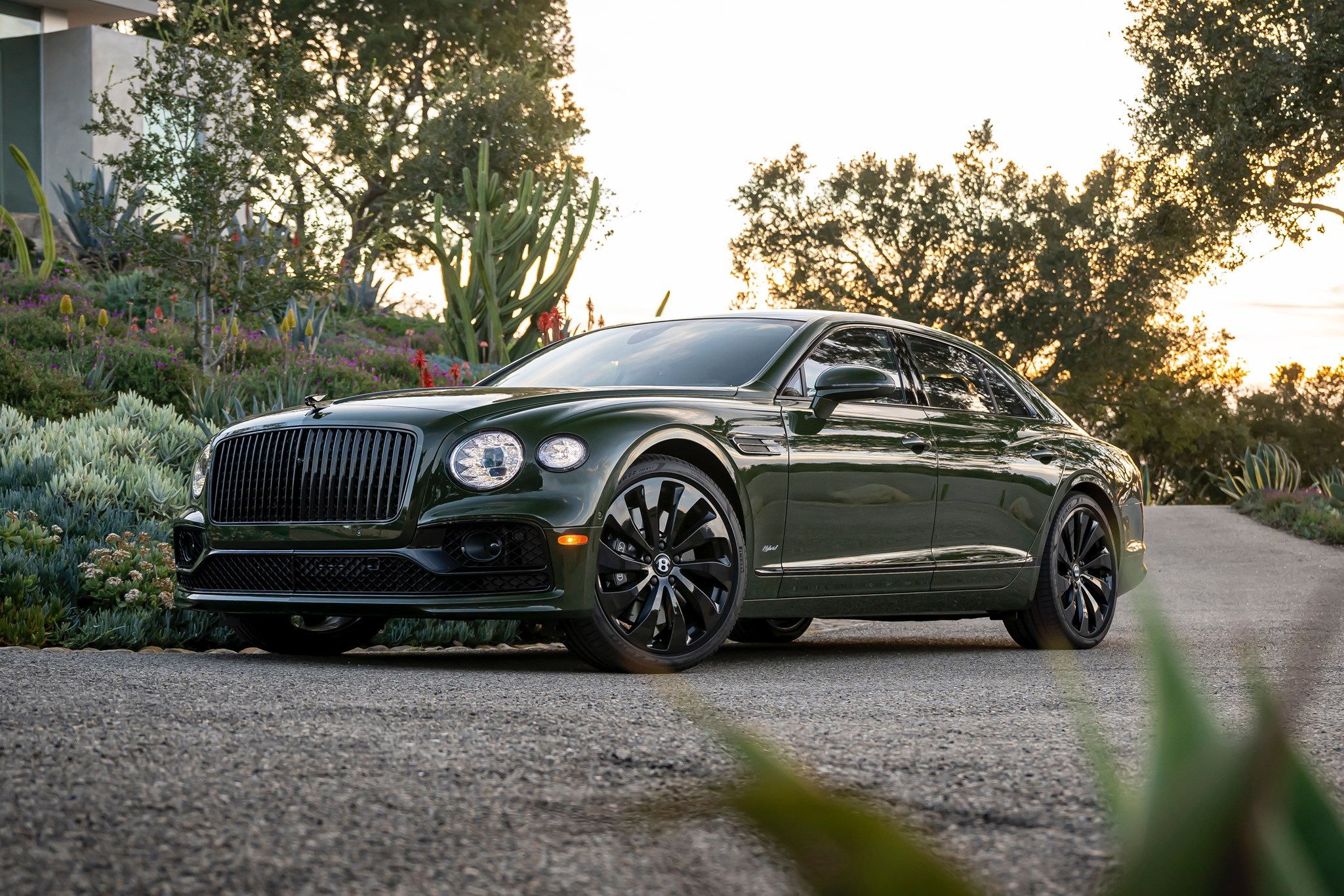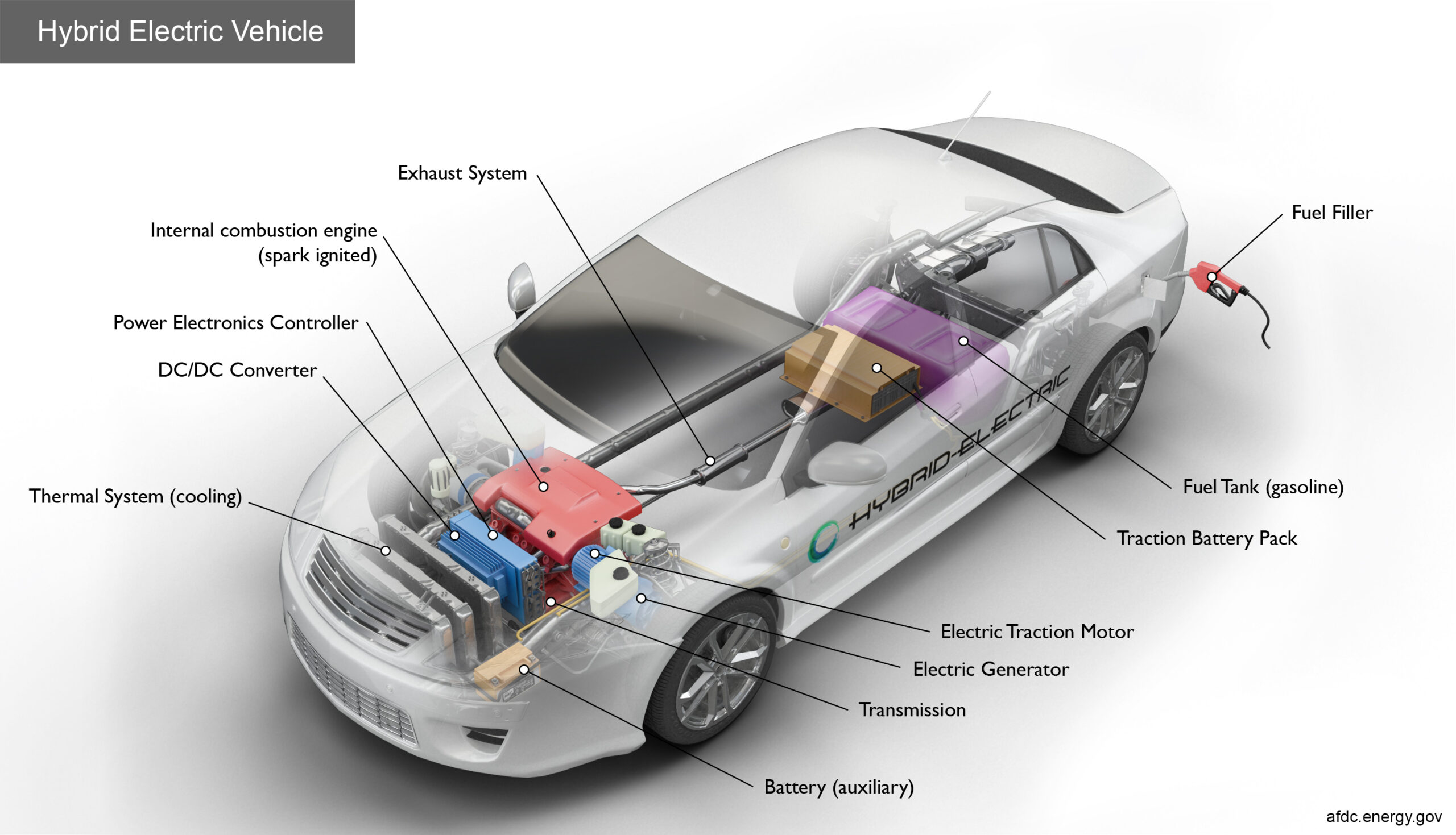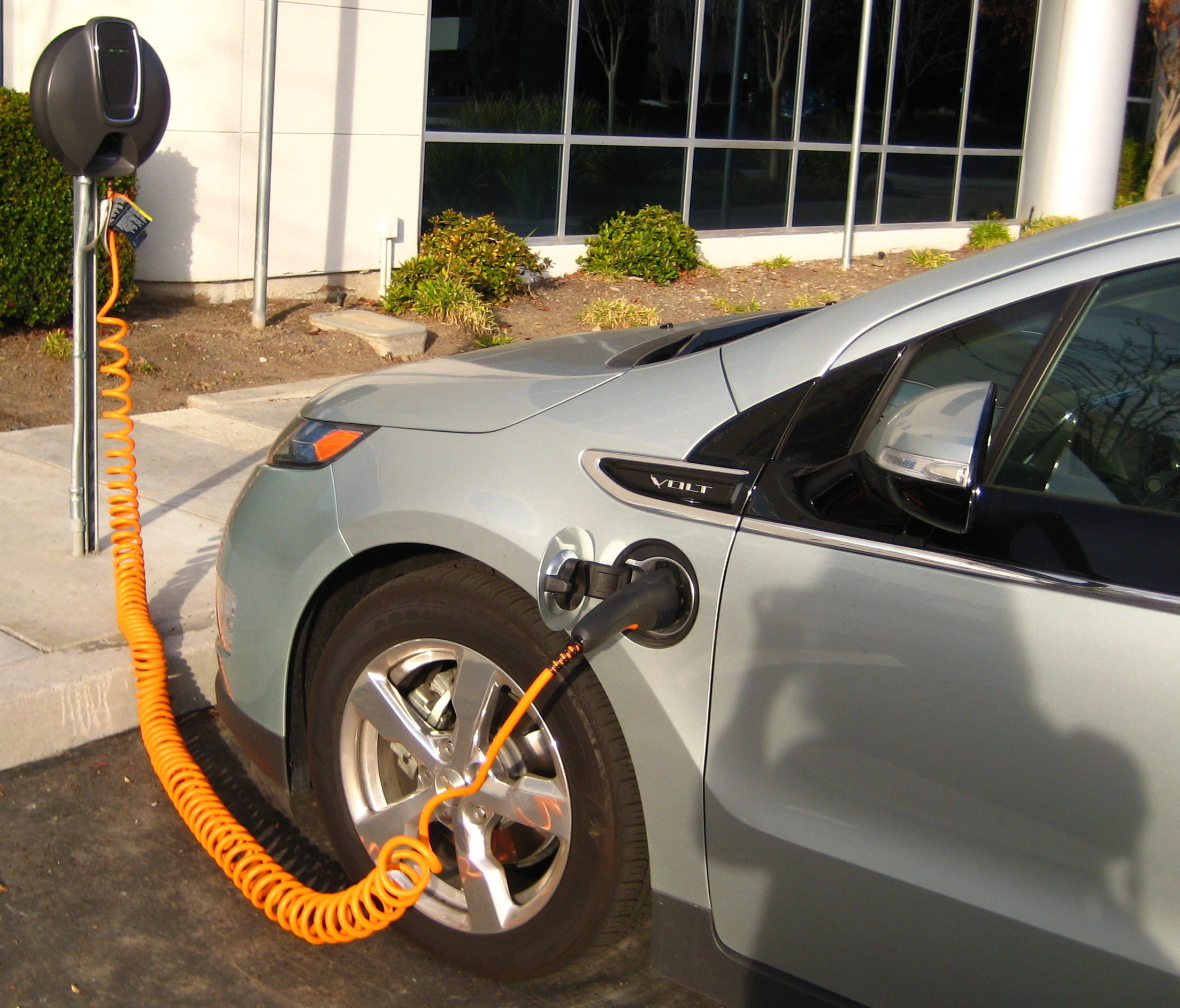When comparing hybrid cars, consider factors such as fuel efficiency, emissions, and overall cost savings. Hybrid vehicles combine a gasoline engine with an electric motor, offering better gas mileage and lower emissions than traditional cars.
They are also known for their regenerative braking system, which helps charge the battery while driving. In addition to being eco-friendly, hybrids often come with advanced technology features and government incentives for owners. With the increasing focus on sustainability and the rising cost of fuel, hybrid cars have become a popular choice for environmentally conscious consumers looking to save money in the long run.
Contents
Hybrid Cars: Revolutionizing Eco-friendly Driving
Hybrid cars have gained significant popularity in recent years due to their environmentally friendly nature and improved fuel efficiency. The rise of hybrid technology represents a significant shift towards more sustainable and eco-conscious driving practices.
With advancements in engineering and technology, hybrid vehicles have become increasingly accessible and offer a viable alternative to traditional gasoline-powered cars.
Benefits Of Eco-friendly Vehicles
- Reduced emissions: Hybrid cars emit lower levels of harmful emissions, contributing to cleaner air and a healthier environment.
- Improved fuel economy: By utilizing a combination of electric and gasoline power, hybrid vehicles achieve higher fuel efficiency compared to conventional cars.
- Lower operating costs: Hybrid cars often require less frequent refueling and maintenance, leading to cost savings for drivers.
- Enhanced sustainability: The integration of eco-friendly features in hybrid cars aligns with the global movement towards sustainable transportation.
Evaluating Hybrid Models: Features And Performance
Hybrid cars have become increasingly popular in recent years due to their fuel efficiency and eco-friendliness. With so many hybrid models available on the market, it can be overwhelming to decide which one to choose. Evaluating hybrid models based on their features and performance can help you make an informed decision that meets your needs.
Key Features To Consider
When comparing hybrid models, there are several key features to consider:
- Battery Capacity: The battery capacity affects the hybrid’s fuel efficiency and electric-only range. A larger battery capacity will result in better fuel efficiency and a longer electric-only range.
- Powertrain: The powertrain of a hybrid car determines how power is distributed between the engine and electric motor. A well-designed powertrain will result in a smooth and efficient driving experience.
- Charging Time: The charging time of a hybrid car’s battery affects how long it takes to recharge and how often you need to recharge. A shorter charging time is more convenient, but may come at the expense of battery capacity.
- Price: Hybrid cars can have a higher upfront cost than traditional gasoline cars. However, they can save you money in the long run due to their fuel efficiency and lower maintenance costs.
Performance Metrics Comparison
When it comes to performance, hybrid models can be compared based on several metrics:
| Metric | Description |
|---|---|
| Fuel Efficiency | The miles per gallon (MPG) of a hybrid car’s gasoline engine. |
| Electric-Only Range | The distance a hybrid car can travel on electric power alone before the gasoline engine kicks in. |
| Acceleration | The time it takes for a hybrid car to reach 60 miles per hour from a standstill. |
| Braking Distance | The distance it takes for a hybrid car to come to a complete stop from 60 miles per hour. |
Comparing hybrid models based on these performance metrics can help you determine which one is the best fit for your driving needs.
Making The Switch: Considerations For Potential Owners
Switching to a hybrid car is not just a trend; it’s a conscious decision towards a more sustainable and eco-friendly way of transportation. But before you make the switch, there are a few important considerations to keep in mind. From the cost-benefit analysis to the long-term sustainability impact, here’s everything you need to know:
Cost-benefit Analysis
When it comes to purchasing a hybrid car, it’s essential to weigh the costs against the benefits. While hybrid cars tend to have a higher upfront cost compared to traditional gasoline vehicles, the long-term savings can be significant. Here are a few key factors to consider:
- Fuel Efficiency: Hybrid cars are known for their exceptional fuel efficiency, allowing you to save money on fuel costs in the long run. Their advanced technology combines electric motors with gasoline engines, resulting in reduced fuel consumption.
- Tax Incentives: Many governments offer tax incentives and rebates for purchasing hybrid cars. These incentives can help offset the initial cost and make the switch more affordable.
- Maintenance and Repairs: Hybrid cars often require less maintenance and have fewer mechanical issues compared to conventional vehicles. With fewer visits to the mechanic and lower repair costs, you can save money over time.
- Resale Value: Hybrid cars tend to retain their value well, making them a wise investment in the long run. If you decide to sell your hybrid car in the future, you may get a higher resale price compared to a traditional vehicle.
Long-term Sustainability Impact
One of the most significant advantages of owning a hybrid car is its positive impact on the environment. By reducing carbon emissions and dependency on fossil fuels, hybrid cars contribute to a greener and cleaner future. Here are some sustainability benefits to consider:
- Reduced Carbon Footprint: Hybrid cars emit fewer greenhouse gases compared to traditional vehicles. The combination of electric and gasoline power helps to minimize carbon emissions, contributing to a healthier environment.
- Improved Air Quality: The use of electric power in hybrid cars reduces air pollution by minimizing the release of harmful pollutants and smog-forming chemicals. This not only benefits the environment but also improves the air quality for everyone.
- Energy Efficiency: Hybrid cars utilize energy more efficiently by harnessing the power generated during braking and deceleration. This regenerative braking system helps to recharge the battery and reduce energy wastage.
- Encouraging Renewable Energy: Hybrid cars promote the adoption of renewable energy sources. As the demand for hybrid vehicles increases, it encourages the development and utilization of renewable energy technologies such as solar and wind power.
By considering the cost-benefit analysis and the long-term sustainability impact, you can make an informed decision about switching to a hybrid car. Not only will you enjoy the financial benefits, but you’ll also contribute to a greener and more sustainable future.

Credit: insideevs.com
Frequently Asked Questions
Here are some FAQs about comparing hybrid cars –
What Is The Best Hybrid Vehicle To Own?
The Toyota Prius is considered the best hybrid vehicle to own for its reliability and fuel efficiency.
What Is The Downside Of Hybrid Cars?
The downside of hybrid cars is their higher initial cost compared to traditional gasoline cars. However, this is offset by long-term savings in fuel costs. Additionally, hybrid cars may have limited electric range and require charging infrastructure. Overall, the benefits of reduced emissions and improved fuel efficiency outweigh these drawbacks.
What Is The Most Reliable Hybrid Car?
The Toyota Prius is considered the most reliable hybrid car. It has been consistently ranked high in dependability and fuel efficiency. Its advanced hybrid technology and sleek design make it a popular choice among eco-conscious drivers.
What Is The Most Efficient Hybrid Car?
The Toyota Prius is considered one of the most efficient hybrid cars due to its impressive fuel economy.
Conclusion
Hybrid cars offer a range of benefits, including fuel efficiency, reduced emissions, and lower operating costs. With a variety of models available, consumers can choose a hybrid that suits their specific needs. As technology continues to advance, hybrid cars are becoming an increasingly attractive option for eco-conscious drivers seeking a sustainable and cost-effective transportation solution.

